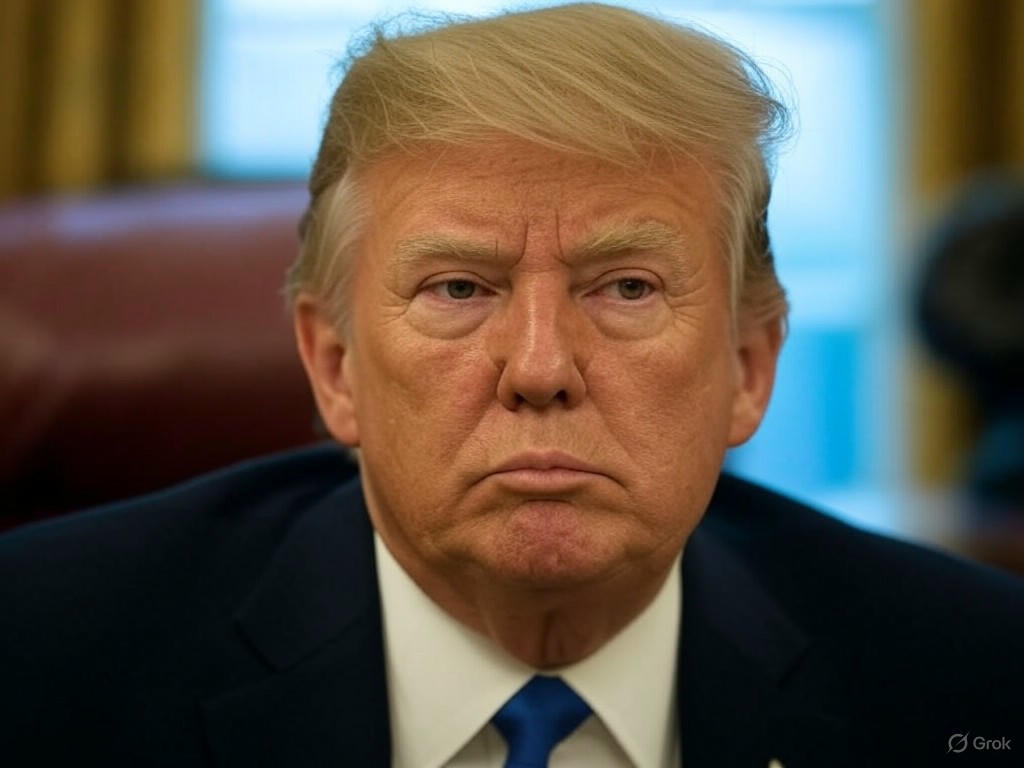Trump Sparks Controversy with Probe into Biden’s Decisions and Autopen Practices
In a bold move that has reignited political tensions, President Donald Trump has initiated a formal investigation into the actions of his predecessor, former President Joe Biden. Announced through a memorandum on June 4, 2025, the inquiry focuses on Biden’s decision-making processes during his tenure and his alleged reliance on an autopen—a device used to replicate a signature mechanically. Trump’s directive also raises pointed concerns about Biden’s mental sharpness, referencing what he describes as evident ‘cognitive decline’ during Biden’s time in office. This accusation has sparked a firestorm of debate across party lines, with critics and supporters alike weighing in on the legitimacy and motivations behind this probe.
The investigation, as outlined in the memorandum, seeks to scrutinize whether Biden’s use of an autopen for signing documents undermined the authenticity or intent of critical executive actions. While the use of such technology is not uncommon among high-ranking officials due to time constraints, Trump’s team argues that excessive reliance on it during Biden’s administration may have led to lapses in oversight or accountability. Additionally, the probe aims to examine specific policies and decisions made under Biden’s leadership, questioning whether his mental state at the time influenced outcomes that continue to impact national affairs. Political analysts suggest this move could be an attempt by Trump to discredit Biden’s legacy while rallying his base ahead of future political battles.
Critics of the investigation have been quick to denounce it as a partisan maneuver lacking substantial evidence. Democratic leaders argue that Trump’s focus on Biden’s cognitive health is a distraction from pressing current issues, accusing the president of weaponizing personal health concerns for political gain. They also point out that autopen usage has been a documented practice among past presidents, including during Trump’s own term, raising questions about the selective scrutiny. Meanwhile, Republican supporters defend the inquiry, asserting that transparency in leadership is paramount, especially when public trust in governmental decisions is at stake. They contend that if there were genuine concerns about Biden’s capacity to lead, those issues deserve a thorough examination, regardless of political affiliation.
Public reaction has been equally divided, with social media platforms buzzing over the implications of Trump’s memorandum. Some citizens express skepticism about the timing of the investigation, viewing it as a calculated effort to shift focus from domestic challenges facing the current administration. Others, however, welcome the probe, citing a need for clarity on how past decisions were made and whether they were truly in the nation’s best interest.
As this investigation unfolds, it is clear that the political landscape remains as polarized as ever. The outcome of this probe could have far-reaching consequences, not only for how Biden’s presidency is remembered but also for the standards of accountability applied to future leaders. For now, the nation watches closely, awaiting answers to questions that strike at the heart of trust in governance.


